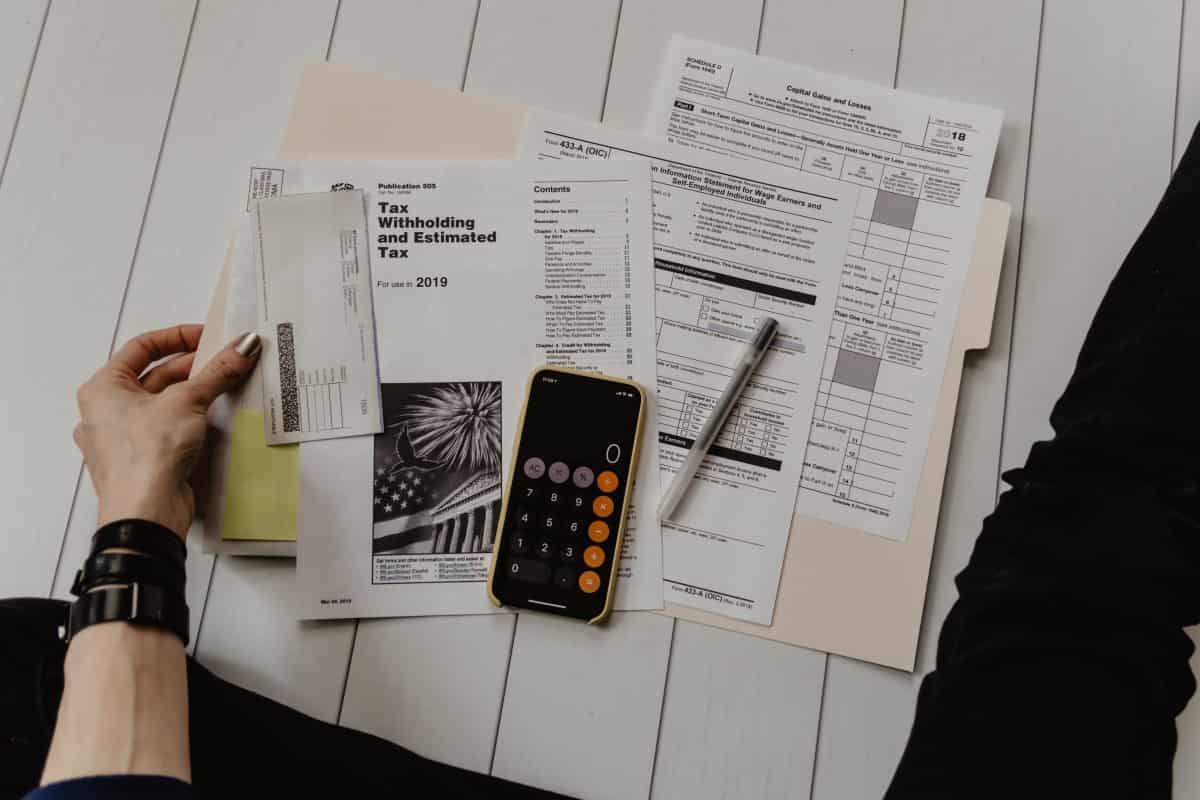Introduction
Digital currencies, also known as virtual currencies or cryptocurrencies, are a form of electronic money which can be exchanged for goods, services or physical currency. Some examples of digital currencies include Bitcoin, Ethereum, Litecoin, Dash, Monero and ZCash. With the rapid development of these digital assets, questions arise as to the tax implications of transactions involving cryptocurrency. The Australian Taxation Office (ATO) has outlined that from July 1 2017, any sales and purchases of digital currency are not subject to GST. This means that GST is not charged on sales or purchases of digital currency and as a result, means you’re not entitled to GST credits. However, if your business is involved in acquiring or disposing of digital currency, you must consider the GST consequences that may arise. It is recommended that you consult a tax lawyer for advice according to your specific circumstances.
Am I in business?
Before assessing your GST implications, it is important to determine whether or not you’re actually conducting a business. While there is no single indication, the following factors need to be considered:
- You’ve engaged in steps to starting a business such as registering a business name, or obtaining an ABN
- You intend to make a profit
- You repeat similar types of business activities. This may include:
- Keeping business records and account books
- Establishing a separate business bank account
- Working from business premises
- Having licenses or qualifications related to your activities
- Working under a registered business name
Registering for GST
You must register your business for GST if your GST turnover is $75,000 or more. Registering your business is optional if your turnover is below the GST threshold. GST turnover does not include digital currency because they are input taxed sales. In other words, you do not need to register for GST if you only make sales of digital currency.
However, if you choose to register for GST, the ATO lists the following considerations:
- The increased time and costs of record keeping and reporting
- The fact that GST applies to taxable sales and you could claim GST credits for creditable purchases
- Whether you can claim GST credits on reduced your credit acquisitions
Normal income tax rules still apply even if your turnover is less than the GST threshold or if you only make sales of digital currency. You can read more about registering for GST here.
Claiming GST credits
As previously mentioned, you don’t have to pay GST on sales of digital currency. Generally, this means you can’t claim any GST credits for the GST included in the price of making those sales. However, you may be able to claim GST credits in the following circumstances:
- If you don’t exceed the financial acquisitions threshold, in which you will be entitled to full input tax credits for purchases involving digital currencies
- If you exceed the financial acquisitions threshold, you may be entitled to claim reduced GST credits if you make a specific type of purchase.
In relation to the second dot point, reduced GST credits are available when the specified type of purchase is used to make financial supplies. This includes sales and purchases of digital currency. Cryptocurrency sellers may claim reduced GST credits for the following services acquired from another entity:
- Commission and brokerage costs
- Arranging services that facilitate the buying and selling of digital currencies
- Transaction processing, account maintenance and report generation services costs

Get help with your taxes now
Get a fixed-fee quote from Australia’s largest lawyer marketplace
Find a lawyerWhat about GST-free sales of digital currency?
In GST-free sales of digital currency, normal GST registration rules would apply. So if you’re making sales of digital currency to non-residents, those sales will be GST-free and therefore, you don’t have to charge any GST. However, you are still entitled to claim full GST credits for costs incurred while making those sales.
What are the GST implications for using digital currency in transactions?
There are no GST consequences for using digital currency as a method of payment. Using digital currency has the same implications of using money as payment. Likewise, any payment received for your sales and services would be subject to normal GST rules. The amount of GST your remit and report on your activity statement has to be an amount expressed in Australian currency.
What should I include in my tax invoice?
In addition to the standard tax invoice requirements, you must include information relating to payments received as consideration from a taxable sale. Under GST law, you must include:
- The GST payable in Australian currency; or
- Sufficient information to the recipient to work out the GST payable. Sufficient information can include the price or value expressed in Australian currency, or the price or value expressed in a digital currency accompanied by the conversion rate used by the seller.
Conclusion
It is important that you understand the GST implications if you carry on a business in relation to digital currency or if you accept digital currency as payment. With the evolving nature of cryptocurrencies, it can be difficult to keep up to date with changes in the GST law. Therefore, it is recommended that you consult a tax lawyer for further information.






